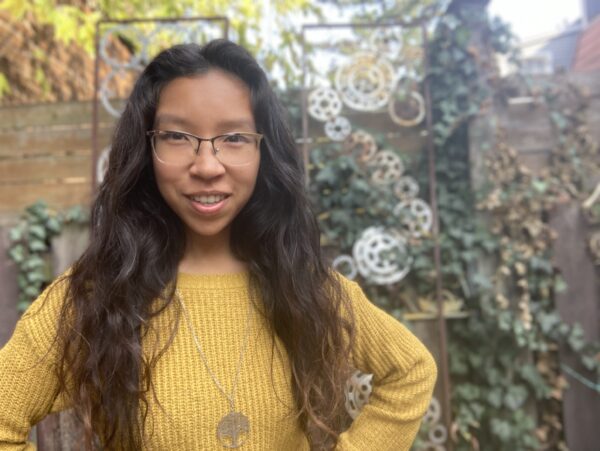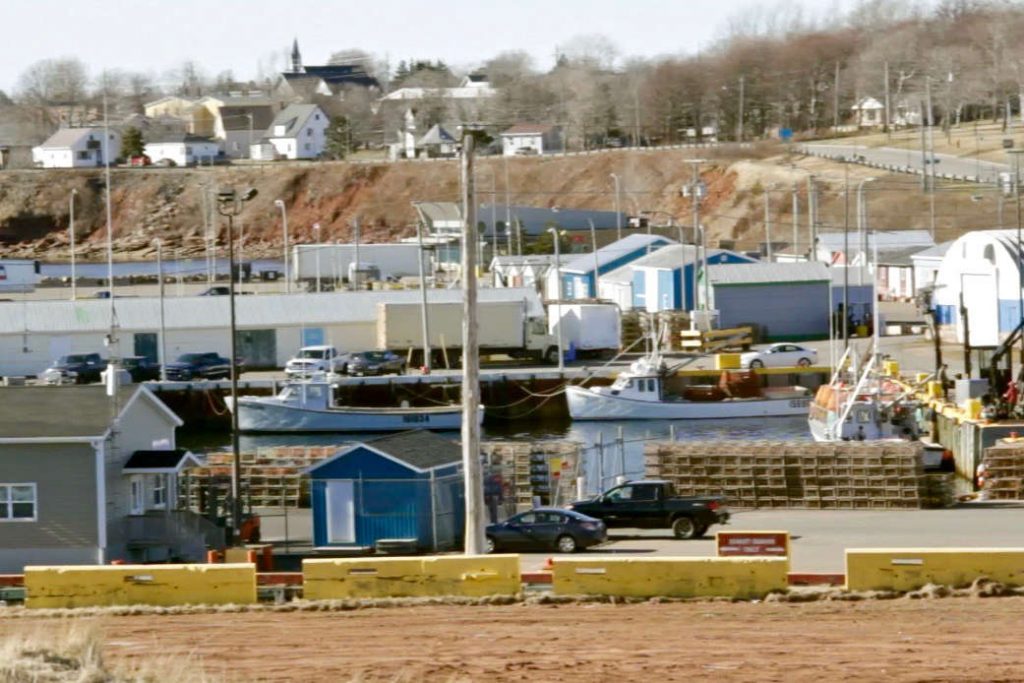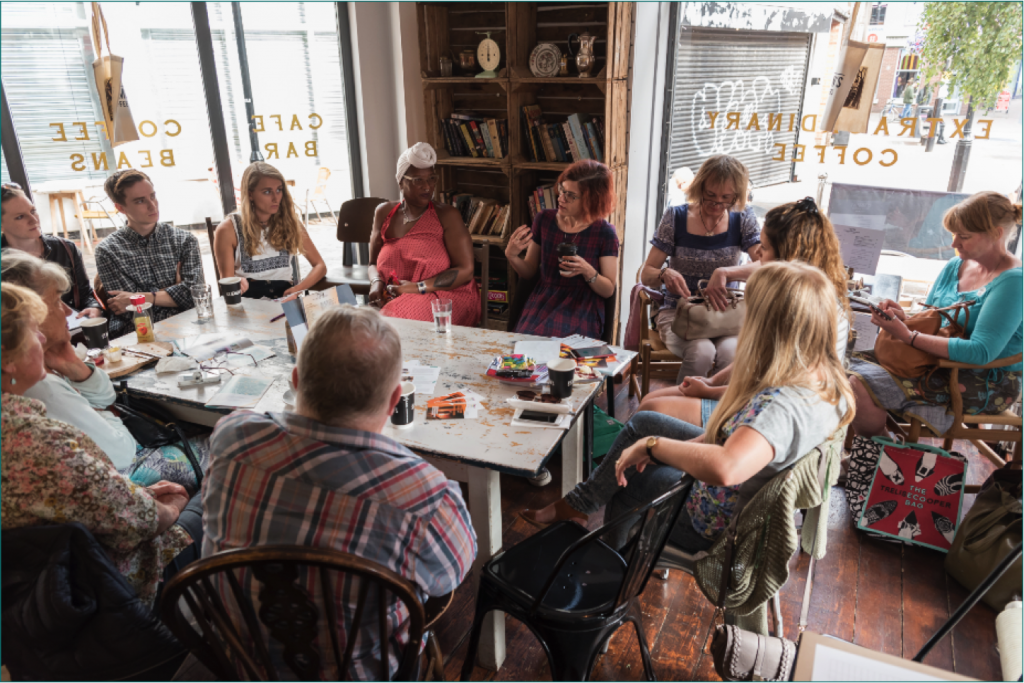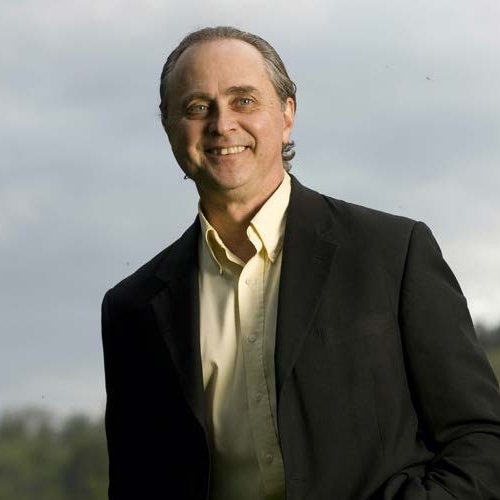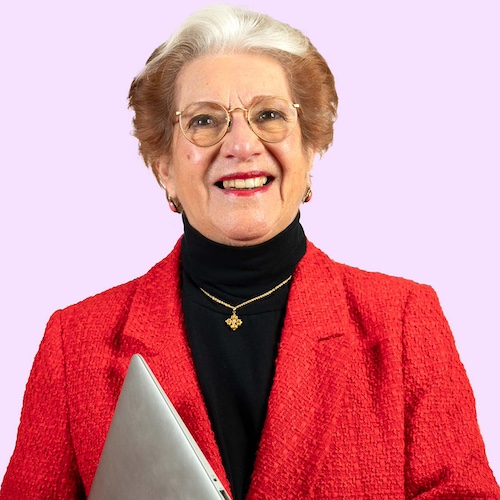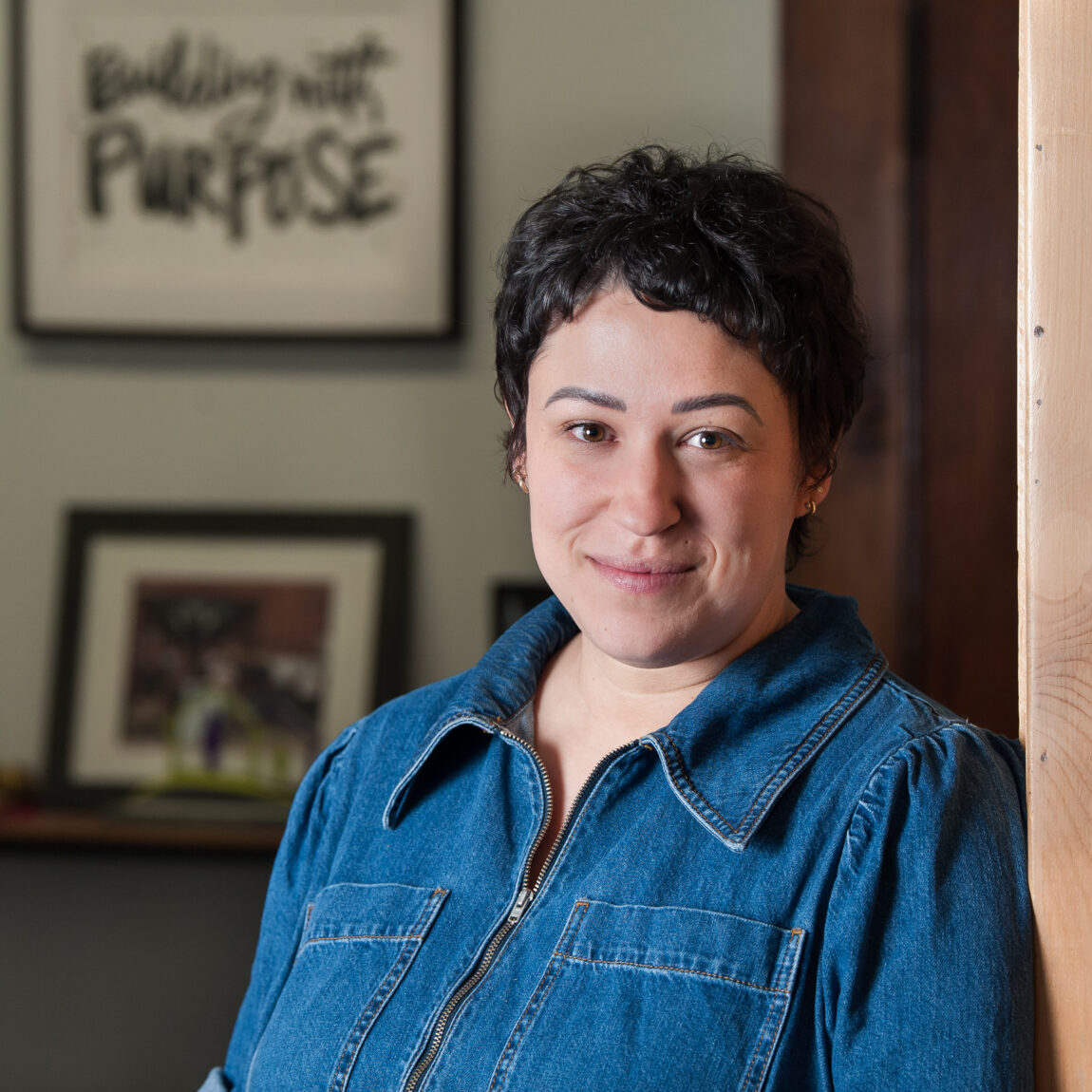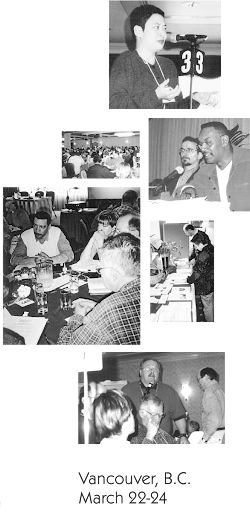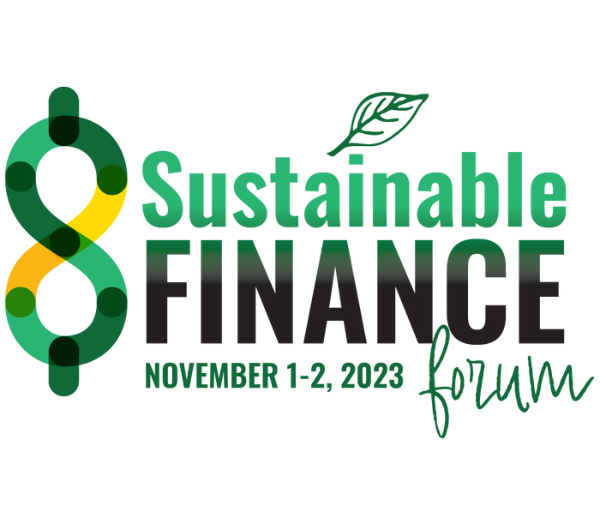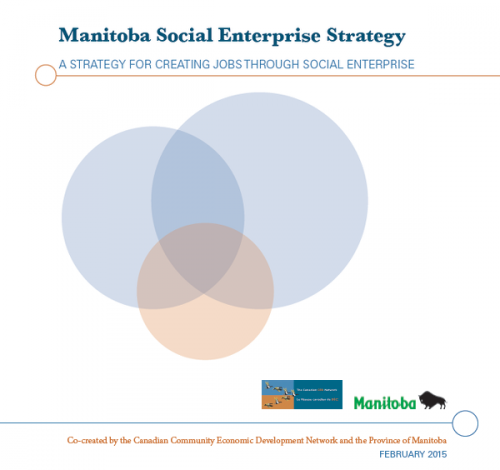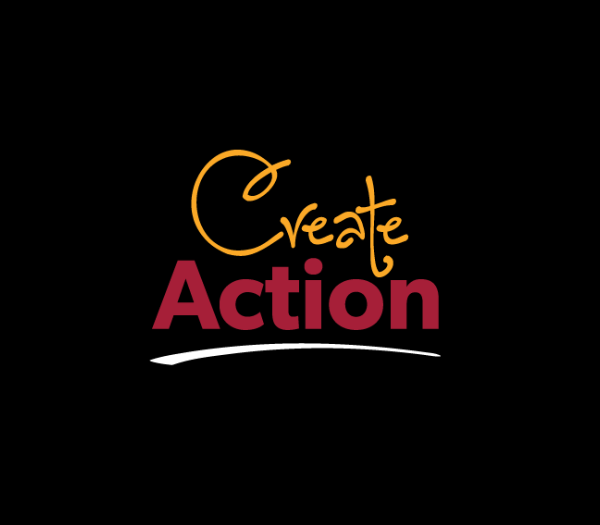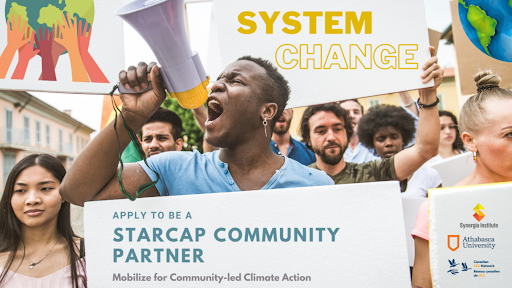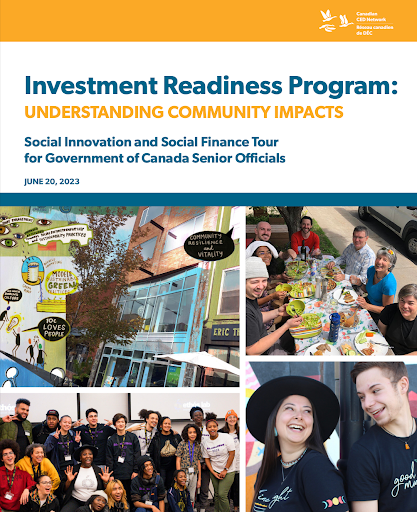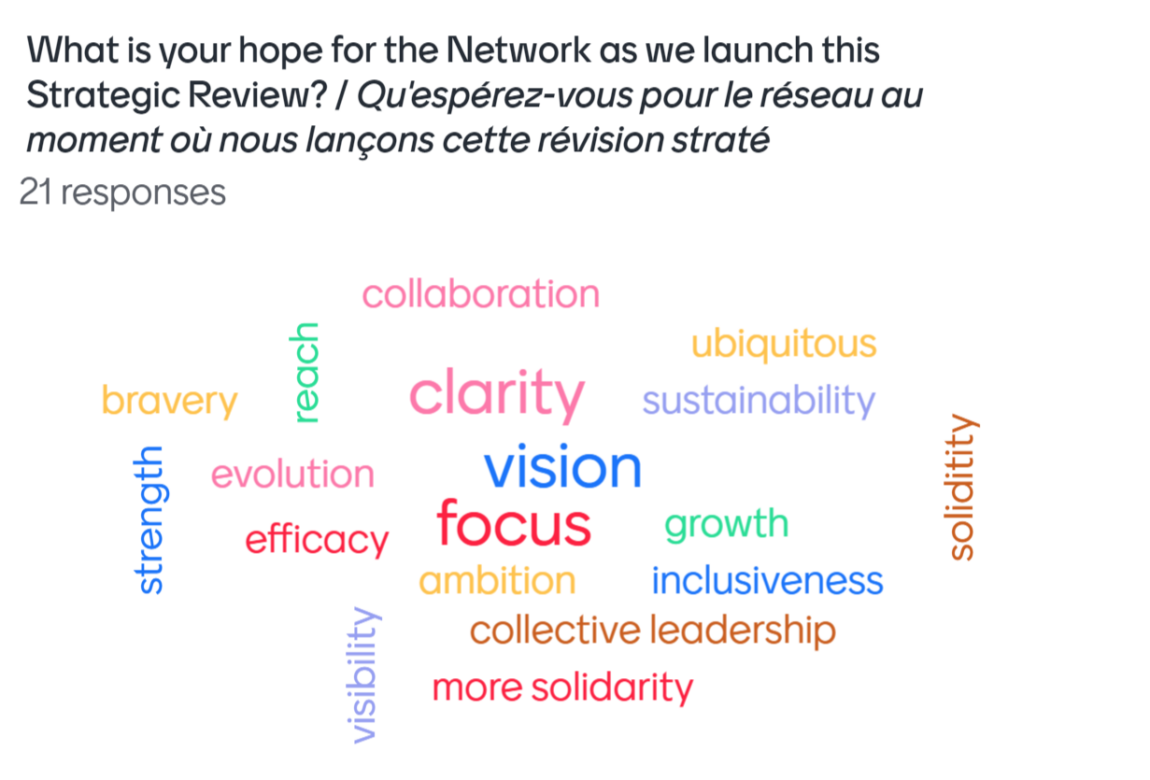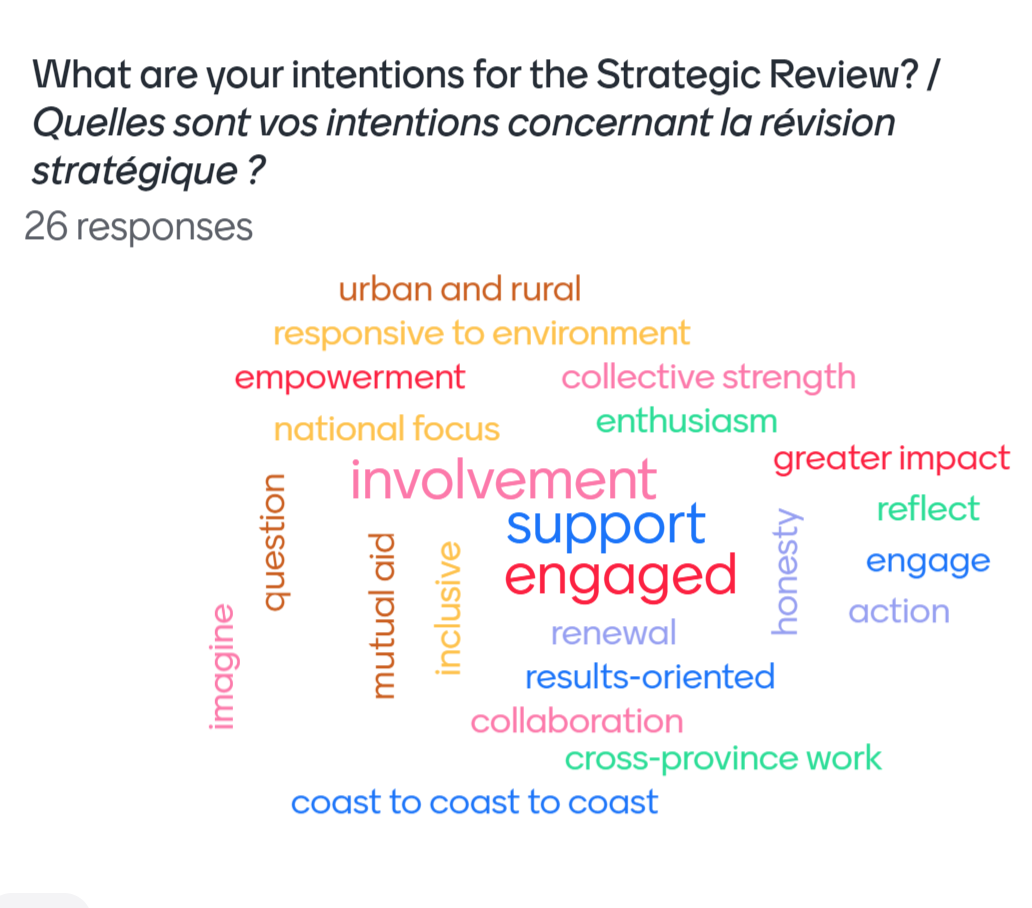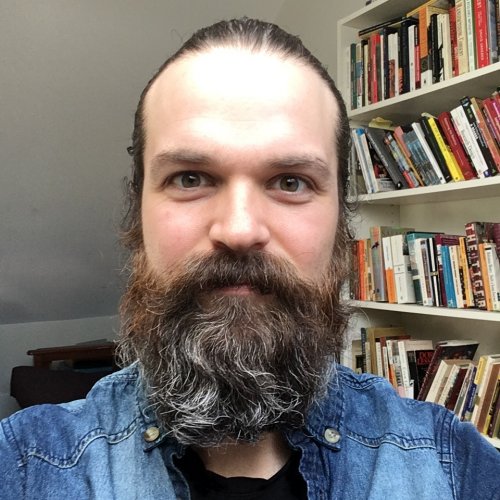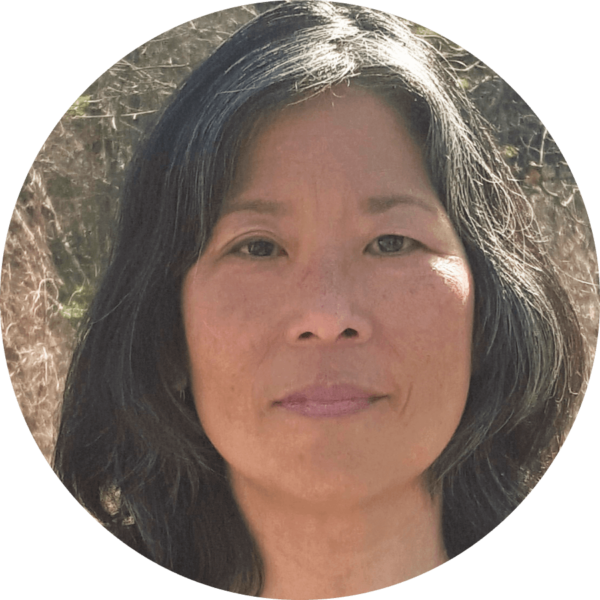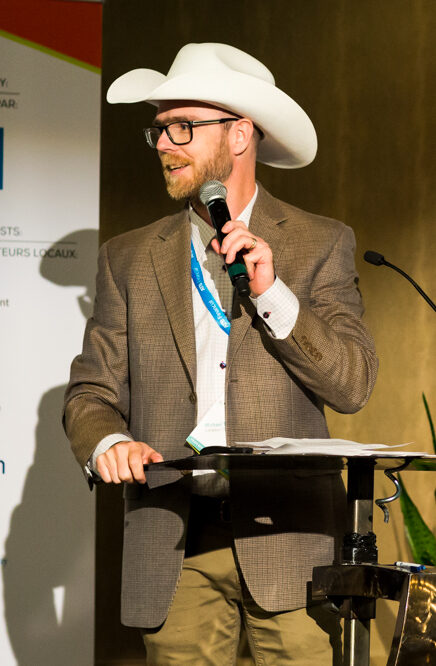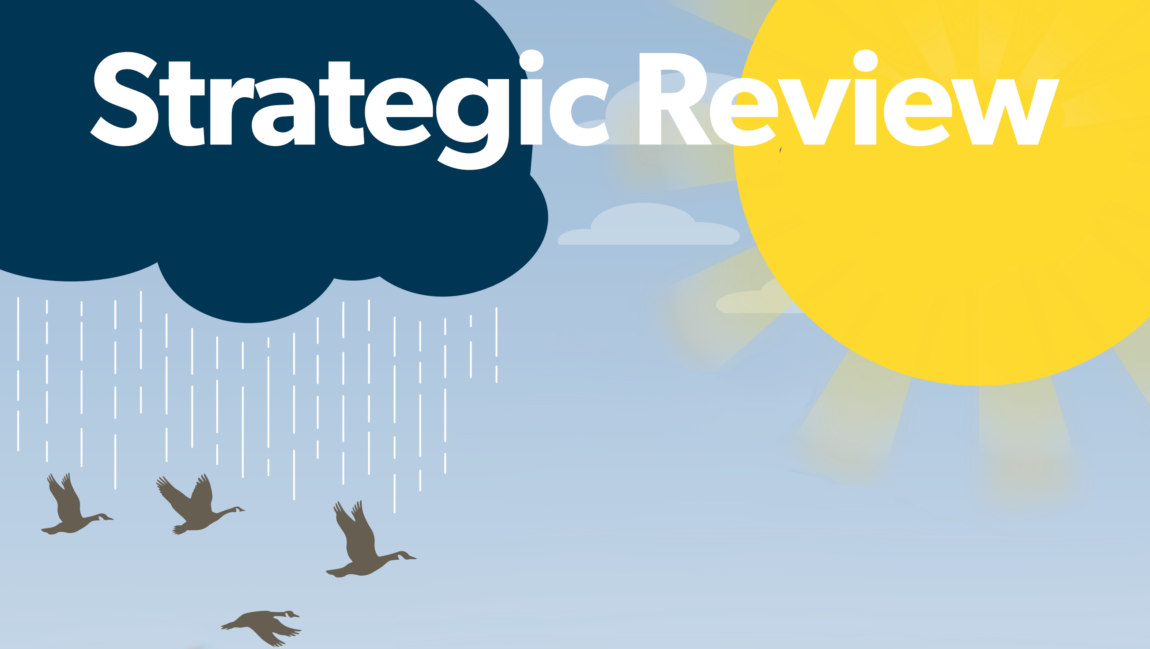Recently, Violeta Manoukian, Founder and CEO of Collaboration Works International in Nova Scotia, sat down for an interview with Robert Cervelli, Senior Advisor and Co-Founder of the Centre for Local Prosperity, to discuss their new model of economic development and climate readiness as well as the 2023 creation of the Atlantic Food Action Coalition which is working regionally for stronger food systems. Here is transcript from this interview.
Violeta Manoukian: Bob. Could you just briefly talk about the Center for Local Prosperity, what’s its focus or its mandate?
Robert Cervelli: I’m glad to give you some background on Center for Local Prosperity. We’re 10 years old this summer. I’m one of the co-founders along with Gregory Heming, who was a municipal counselor for six years in Annapolis Royal.
We are a charitable organization. Our mandate extends through the four Atlantic Canadian provinces. And if I was to give you an elevator pitch on what we do, we work at the intersection between climate readiness and relocalizing economies for small, rural and local communities.
And we pick the words ‘climate readiness’ specifically because it focuses on adaptation, getting ready for the multiplicity of changes that are coming our way, not just from climate, but from all of the other issues around destabilization of our way of life.
And then that intersects with relocalizing economies, communities being able to do a better job of looking after their basic needs and capturing wealth in their communities.
And when you do one of those, climate readiness or relocalization, they’re perfectly synergistic, one reinforces the other and it builds resilience.
So what the Center does is we convene large regional conferences, we’ve done three of those so far: two around localized economics, one around localizing food systems.
We’ve done two studies on import replacement and government local procurement, and we advise small rural and local communities and municipalities.
VM: Very meaningful work. So could you talk a little bit more about what’s the importance of local economies in your view?
BC: Thank you for asking that. We live in a day and age where there’s a fork in the road for everything that happens.
I refer to this at both the domestic level, the neighborhood level, and the community level, even the provincial level. To focus on the community level, it comes down to the fact that we live in an era of globalization where there’s centralized forces, both corporate and government, that are gaining more control for managing things centrally. This removes our ability to make autonomous choices from the local level. So that’s one fork in the road – dependency on those centralized systems.
The other fork in the road is what builds local empowerment, local engagement, and local agency for the future within those local communities. Municipalities, for example, have that choice. What builds greater dependency on centralized systems? Or, what builds greater local agency for their community?
And that’s really, I think, the choice or the fork in the road these days for most any decision.
Also important is the work that we do, particularly around local economies, to capture wealth, to build on the allegiance of place that people have for their community. People care about their children. They care about their elderly. Everyone wants to look after each other. And there’s ways of capturing that social capital and that financial capital within a community.
There’s five elements I could list. One of them begins with government’s degree of local procurement. There’s usually anchor institutions in many communities, public sector entities that spend a lot of money every year, and they could spend a greater portion of that locally.
There’s, of course, local investment for new business, expansion of existing businesses, and so on. There’s a number of mechanisms that those could be fostered.
There’s deepening the use of local assets. It could be all kinds of things. e.g. public lands for example – how are those being used? Can they be made available for community gardens, for example? Public schools? What activities could take place off hours, and so on.
A fourth element is just labor, well-paid labor, that has allegiance to their employer and builds that sense of community.
And then finally, there’s locally owned businesses. Numerous studies have been done showing that a locally owned business is at least two and a half times of greater economic benefit to the local economy than a non locally owned business.
VM: Thank you for expanding on that. I was wondering if you have some examples of community projects that you’ve been involved in and their impact.
RC: I can give you one regional example and then maybe some more local examples. I’ve mentioned that we’ve done three large regional conferences. And in each of those, we brought in 45 speakers presenting best practices across Atlantic Canada, for either local economy or local food systems.
So these are inspirational stories that can be replicated, can be scaled, or can be leveraged in some way. After those events, we hear quite a few instances where somebody wants to approach a particular speaker, find out how did they do it, how can we do ourselves, and so on.
Another example at the regional level occurred just with our last event focused on local food systems. You can go to foodsummit.ca, the Dig In Atlantic Regional Food Systems Summit. Coming out of that event, there was a non-profit organization that just recently formed and is getting underway called the Atlantic Food Action Coalition. These are major food system players, all four provinces that are now collaborating, working together to move the needle on greater local food within our region.
VM: Impressive and very necessary.
BC: And at the local level, I can give you one example that I am particularly fond of – the town of Shelburne, Nova Scotia, – an amazing example of galvanizing community engagement around a community garden, a community greenhouse, and support for local people suffering from food insecurity. There has to be, I’m going to wager, about 12 non profit organizations involved, including the municipal government, the local community college, the high school, the local Indigenous band, and on and on it goes.
VM: It’s great to see those kinds of partnerships. So, how do you think the future looks for local economies in our part of Canada?
BC: I am not going to try to forecast anything, but I think everybody knows that we live in increasingly fragile times. We need to keep that in mind. Now is the time, when things are functioning fairly well, to begin to build that local resilience, that local sense of agency at the community level.
There’s work to be done. A lot of communities are recognizing that. I’ve mentioned Shelburne. There’s numerous other ones that are really working to rebuild the strength of their community, the cohesiveness, the caring, and I always like to think that in Atlantic Canada, we have this built-in, I call it “cultural DNA”, that people care for each other.
You’ll see it come out very quickly if there’s a disaster of some kind. Say somebody’s house burns down and right away everybody will help in different ways. Recently there were big forest fires in both Shelburne and Tantallon, Nova Scotia.
VM: Yes, we saw that DNA during the fires.
BC: And right away there’s businesses, non-profits, everybody stepping up to offer support in whatever way they can. So I think it’s that ethic, that cultural caring, that is going to be probably one of the strongest attributes going forward into the years ahead.
VM: Well, this sounds promising. Thank you so much for all the work you’re doing!
Robert Cervelli has been an active volunteer in community building for over 35 years. Robert is the Senior Advisor and Co-Founder of the Centre for Local Prosperity (www.centreforlocalprosperity.ca). He is also Co-Founder and Chair of Transition Bay St Margarets Bay (www.transitionbay.ca), one of the first Transition Initiatives in the Maritimes. He advises rural communities on the process of drawing out the skills and projects inherent in local cultures to build resilience and adaptability to global changes. As an experienced botanist and horticulturalist, Robert manages a two-acre ‘teaching centre micro-farm’ at his home in St Margarets Bay. He holds a B.Sc. degree (Forestry) from Purdue University and a M.Sc. (Botany) from the University of Wisconsin.
Violeta Manoukian is the Founder and CEO of Collaboration Works International (www.collaborationworksinternational.com), a consulting and training firm based in Bedford, Nova Scotia. Violeta has three decades of expertise in participatory approaches that bring together a broad spectrum of stakeholder groups including non-profit organizations, communities, donor institutions, federal and municipal local governments, the private sector, and academia. Her M.A thesis “Participatory Development: Paradigm Shift in Theory and Practice” sparked her ongoing passion for creating spaces where she can apply collaborative approaches to bring about systemic change and yield optimal impacts. Community development, public engagement, design/facilitation of collaborative meetings and workshops, participatory projects/programs, participatory research, and participatory monitoring and evaluation are among her specialties.


